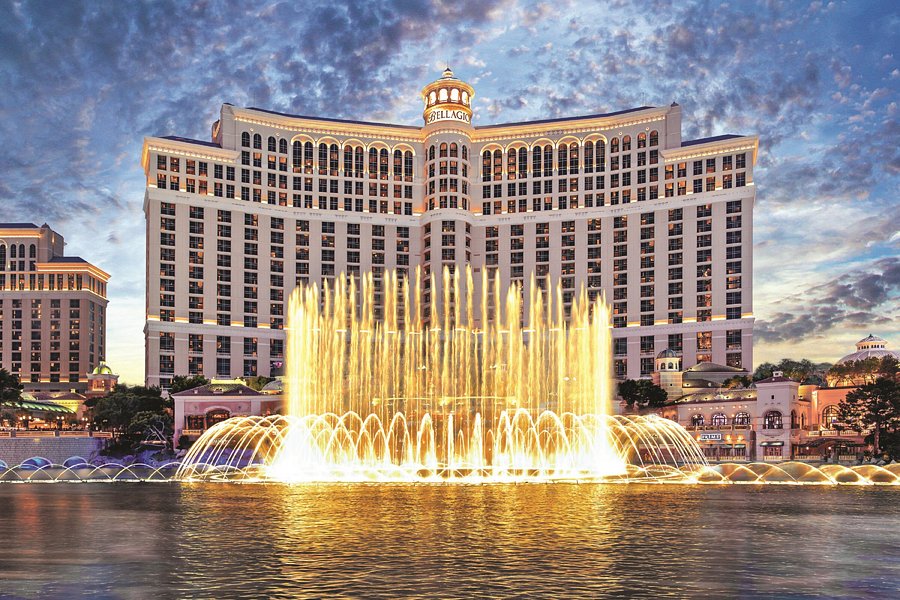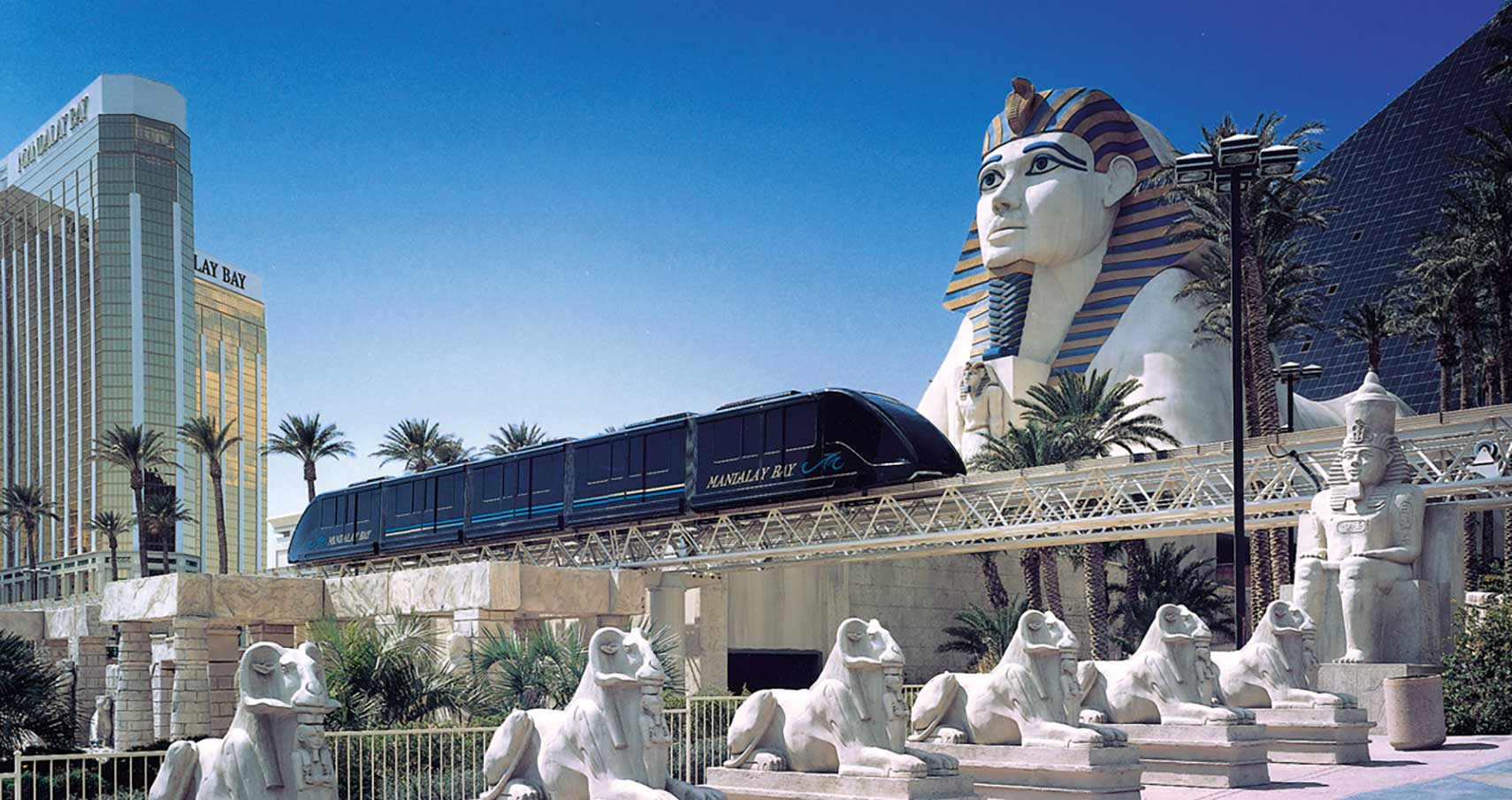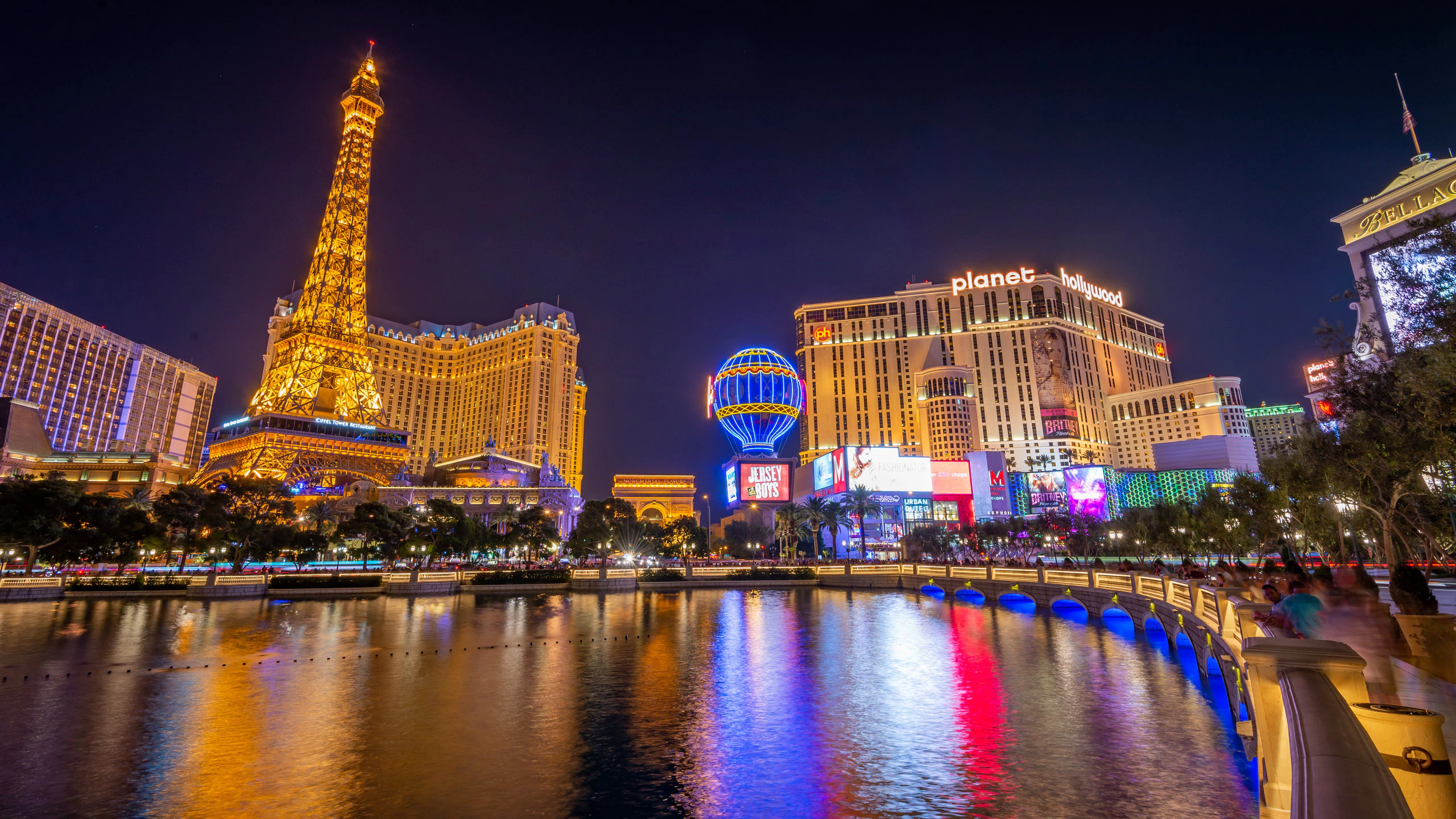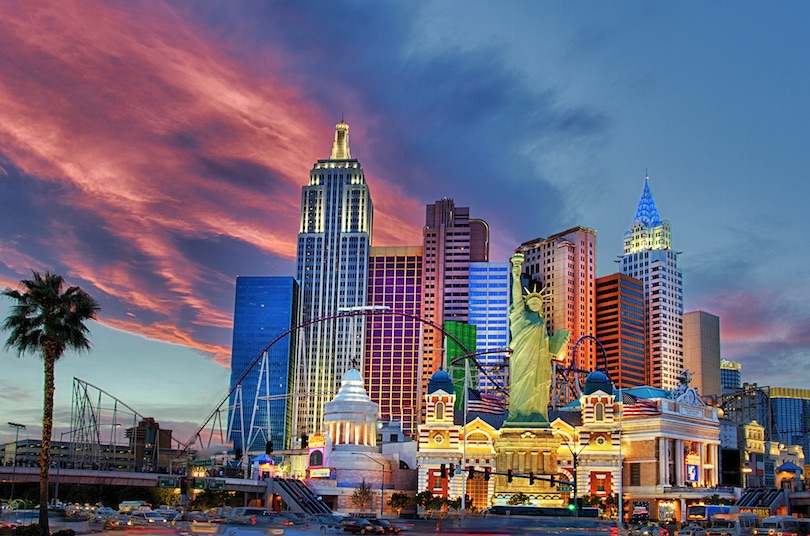Venue & Hospitality
City Highlights
About City
Las Vegas, city, seat (1909) of clark county, southeastern Nevada, U.S. The only major city in the American West to have been founded in the 20th century, Las vegas grew from a tiny, desert-bound railroad service centre at the outset of the 20th century to the country’s fastest-growing metropolis at century’s end. This transformation—made possible by a combination of shrewd entrepreneurship, access to water, an extensive transportation network, and permissive state laws—has created the city now often known simply as “Vegas,” a place of vast casinos, elaborate hotels, and spectacular entertainment venues that attracts masses of visitors from throughout the world.
Las Vegas is a place of million-lightbulb signs and fantastic architecture, of readily visible wealth and carefully hidden poverty. It is a place of superlatives, both positive and negative. Within the city stand the largest glass pyramid in the world; one of the largest hotels in the country, with more than 5,000 rooms; and one of the most expensive hotels ever constructed, the Bellagio.
The area along Las Vegas Boulevard and its adjoining near-downtown streets—the famous “Strip”—is the “City Without Clocks,” whose multibillion-dollar economy is devoted to servicing a wide array of impulses and addictions of many kinds. It is this Las Vegas, the flashy playground unofficially known as “Sin City,” that the American novelist and essayist joandidion once termed Downtown Las Vegas is built to serve not residents but guests—tens of millions annually. Once derided as a cultural backwater, Las Vegas has evolved into an economic power that outstrips the output of whole countries. It is one of the country’s leading vacation destinations, drawing far more tourists than the Grand Canyon or Yellowstone National Park.
Venue




